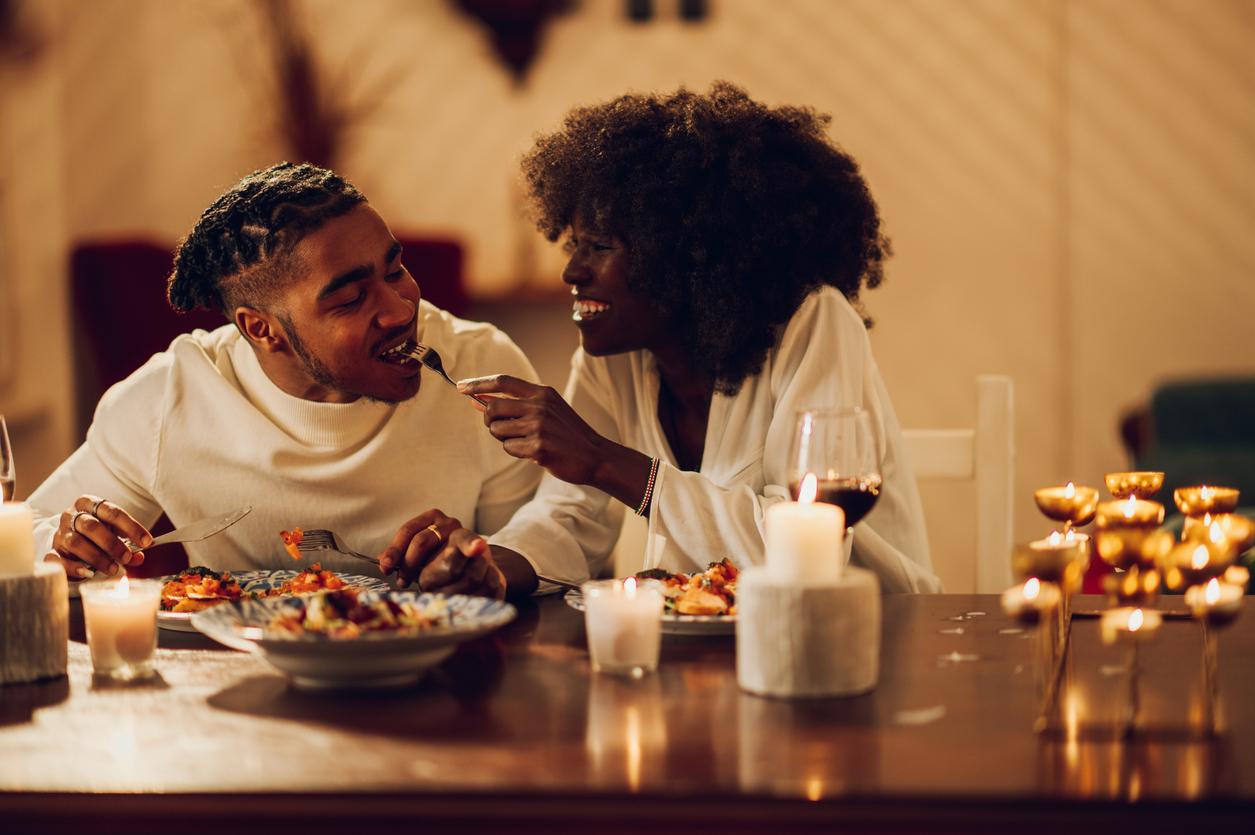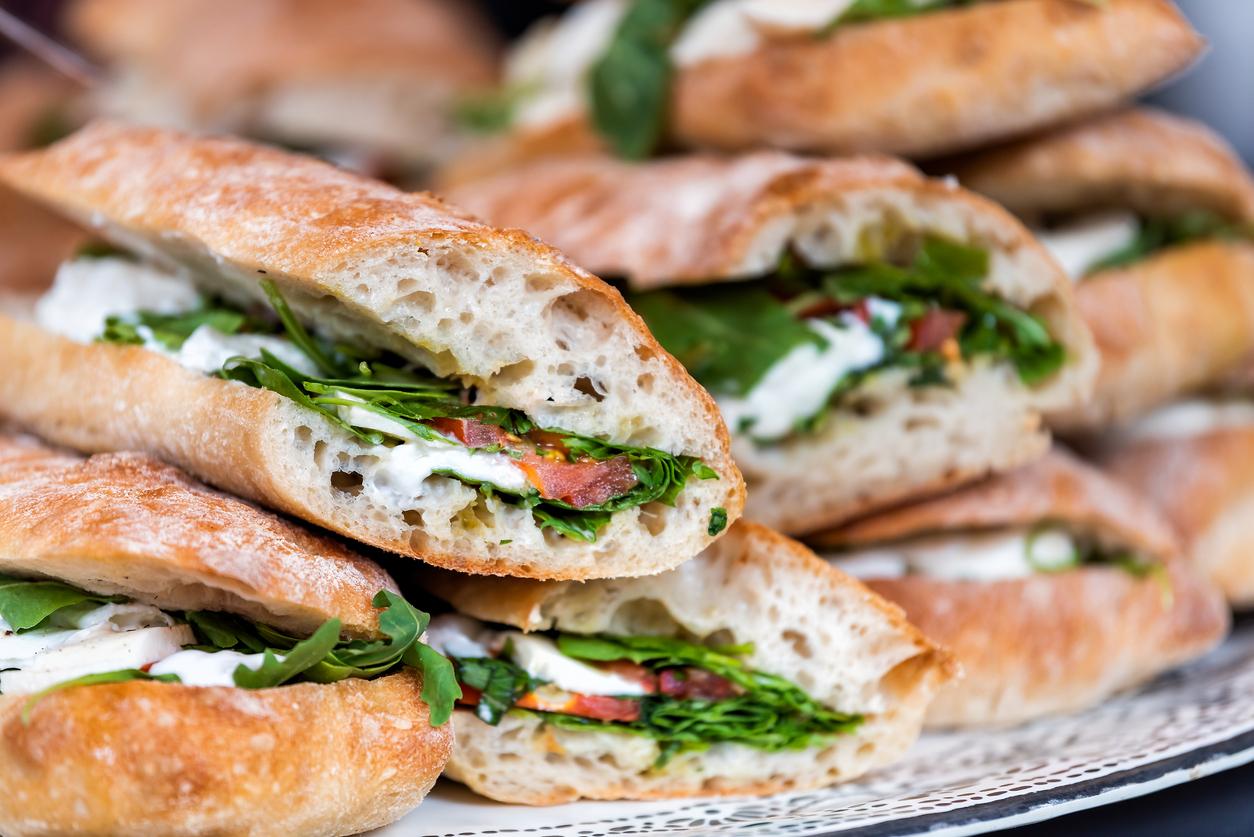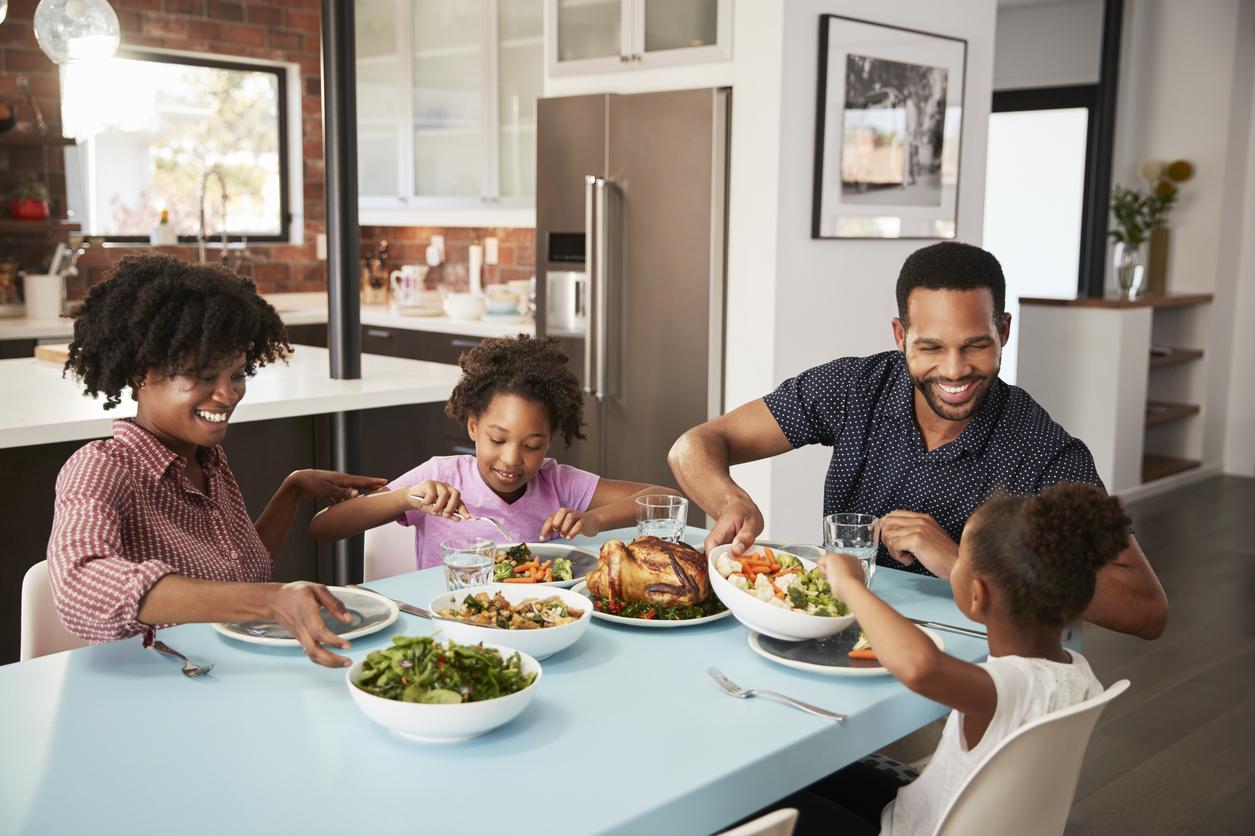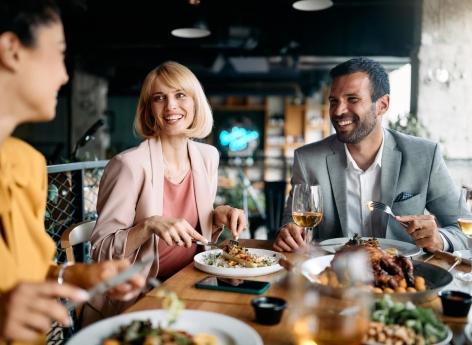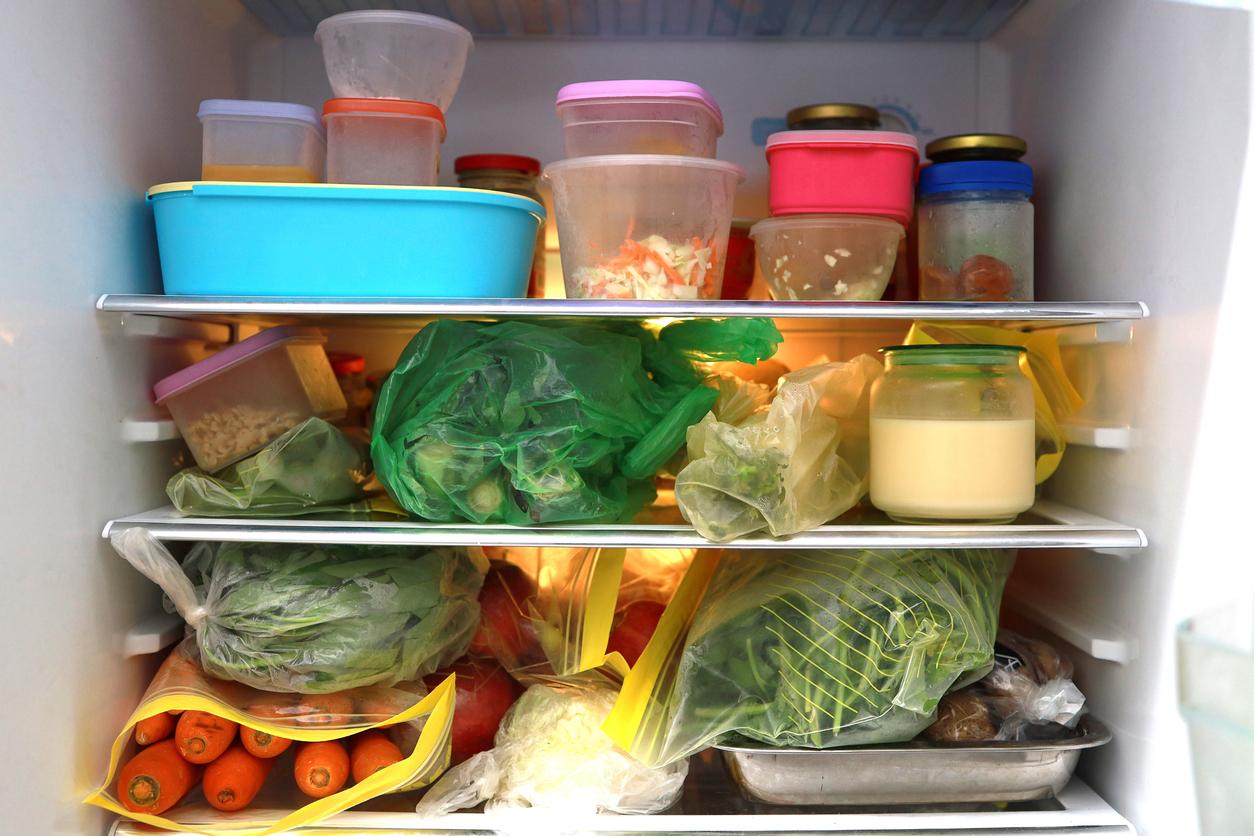According to a new British study, we eat more when we have dinner with friends or family than when we eat alone. A mechanism that we inherited from our hunter-gatherer ancestors.
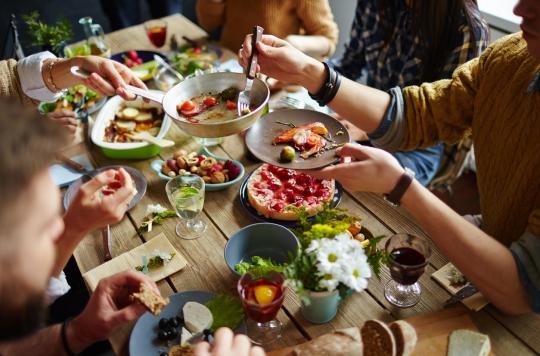
Staying at the table for a long time with our friends or family members would encourage us to eat more than when we eat our meals alone.
This is what brings to light a new study conducted by researchers from the University of Birmingham, England, whose first results have just been made public.
A millennial survival mechanism
How to explain this phenomenon, called “social facilitation” by researchers? Previous academic work had already shown that when we are in a group, we eat up to 48% more food than when we are alone. Another study concluded that obese women ate up to 29% more when they were accompanied than when they ate their meal alone.
The Birmingham researchers go further. Sifting through 42 pre-existing studies, they concluded that eating “socially” had a powerful effect on increasing food intake compared to eating alone.
According to them, the explanation of this mechanism is to be sought in our ancestors. In prehistoric times, hunter-gatherers shared food because it protected against periods of food insecurity. It is the reminiscence of this survival mechanism that still leads people today to eat more when they are in the presence of family or friends.
Strengthening social ties
Researchers have also looked at why this social facilitation has persisted over the centuries, even as periods of food insecurity became increasingly rare, eventually disappearing.
They identify three main ones. First, since eating in the company of other people is more pleasant, it could influence our consumption. It is also a question of social norms: if allowing yourself to overeat is acceptable when there are several of you, it remains badly accepted if this overconsumption of food takes place when you are alone. Finally, they found that providing food was associated with praise and recognition from friends and family, which strengthened social bonds.
For Helen Ruddock, research director at the School of Psychology at the University of Birmingham and co-author of the study, the way we eat when we are in sociability says a lot about the image we want to project to people. others. “Results from previous research suggest that we often choose what we eat (and how much) based on the type of impression we want to convey about ourselves. Evidence suggests this may be particularly pronounced for women who eat with men they want to impress and for obese people who want to avoid being judged for overeating,” she explains.
A social mimicry
Finally, the study underlines that this social facilitation and this social distribution of food could also exert an influence on unhealthy dietary intake: being seen as one who eats more than others can lead to ostracism which, in turn, reduces Food Safety.
To prevent this from happening, the solution is then “to eat at least as much as the other members of the group. The individual members adapt their behavior to that of the others, which promotes a larger meal than in the absence of this social competition,” concludes Dr Ruddock.
.










